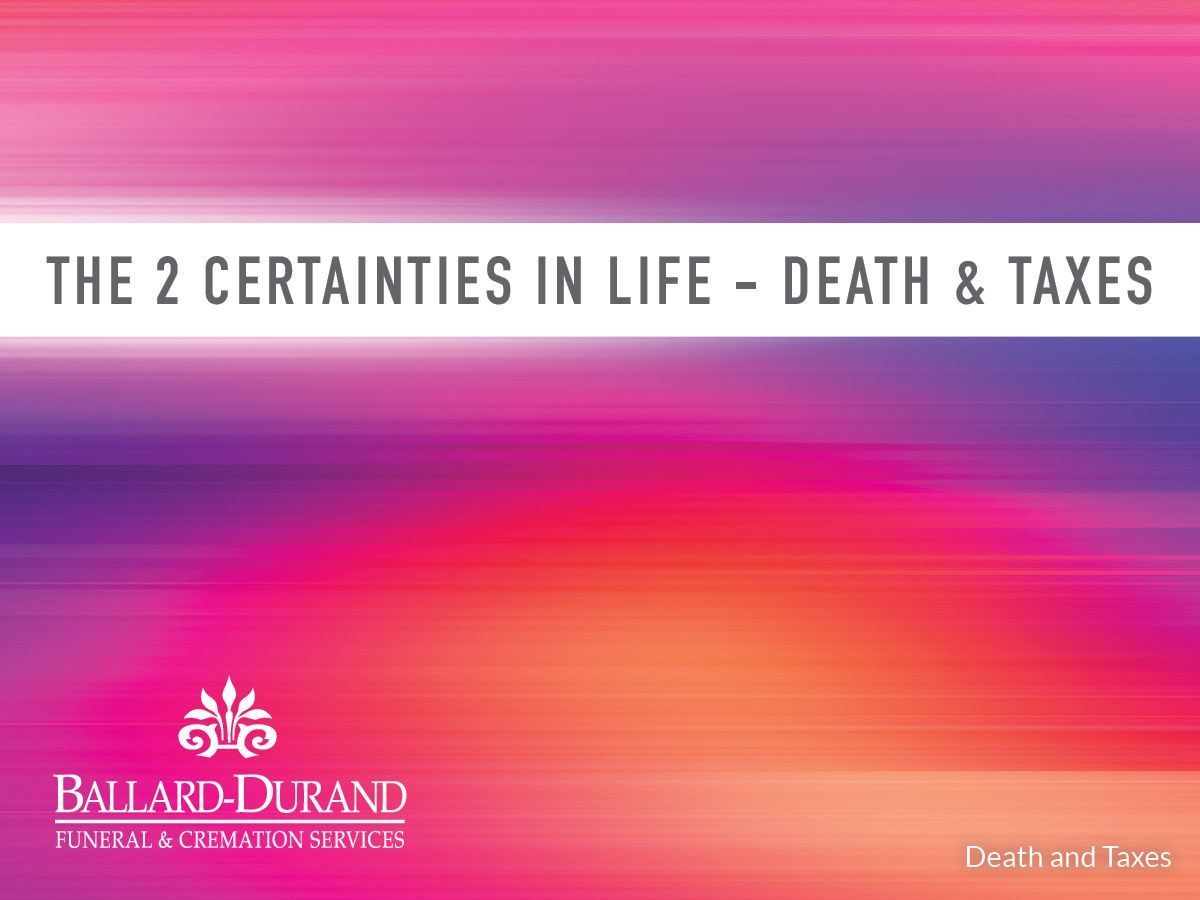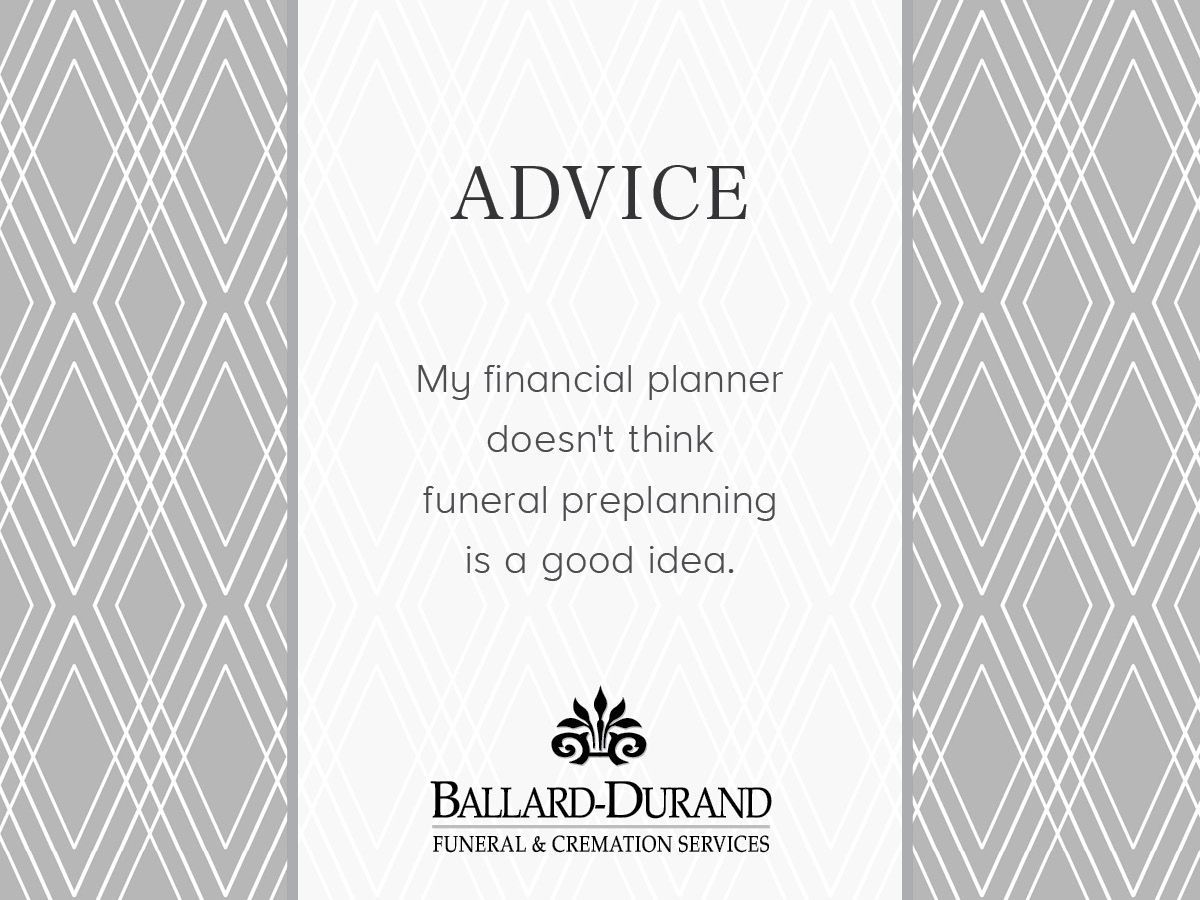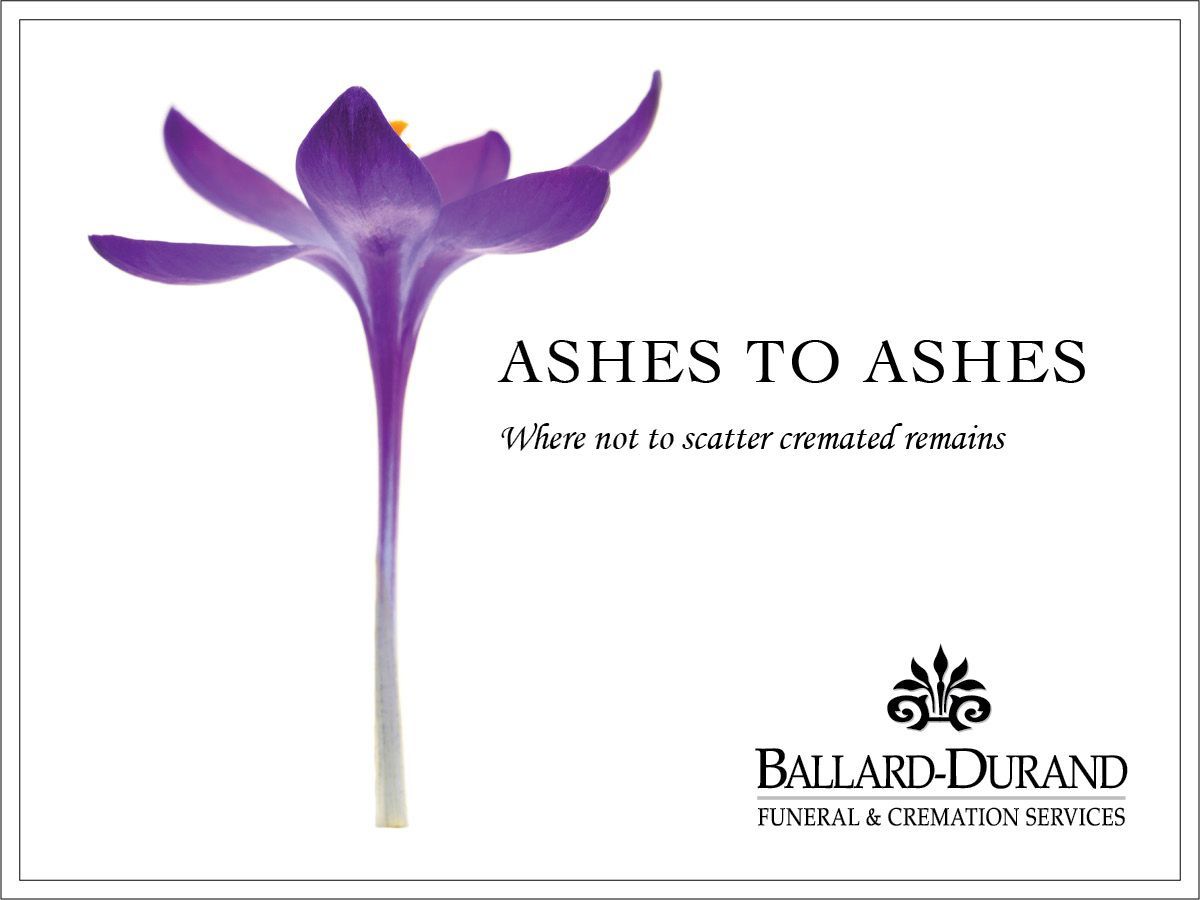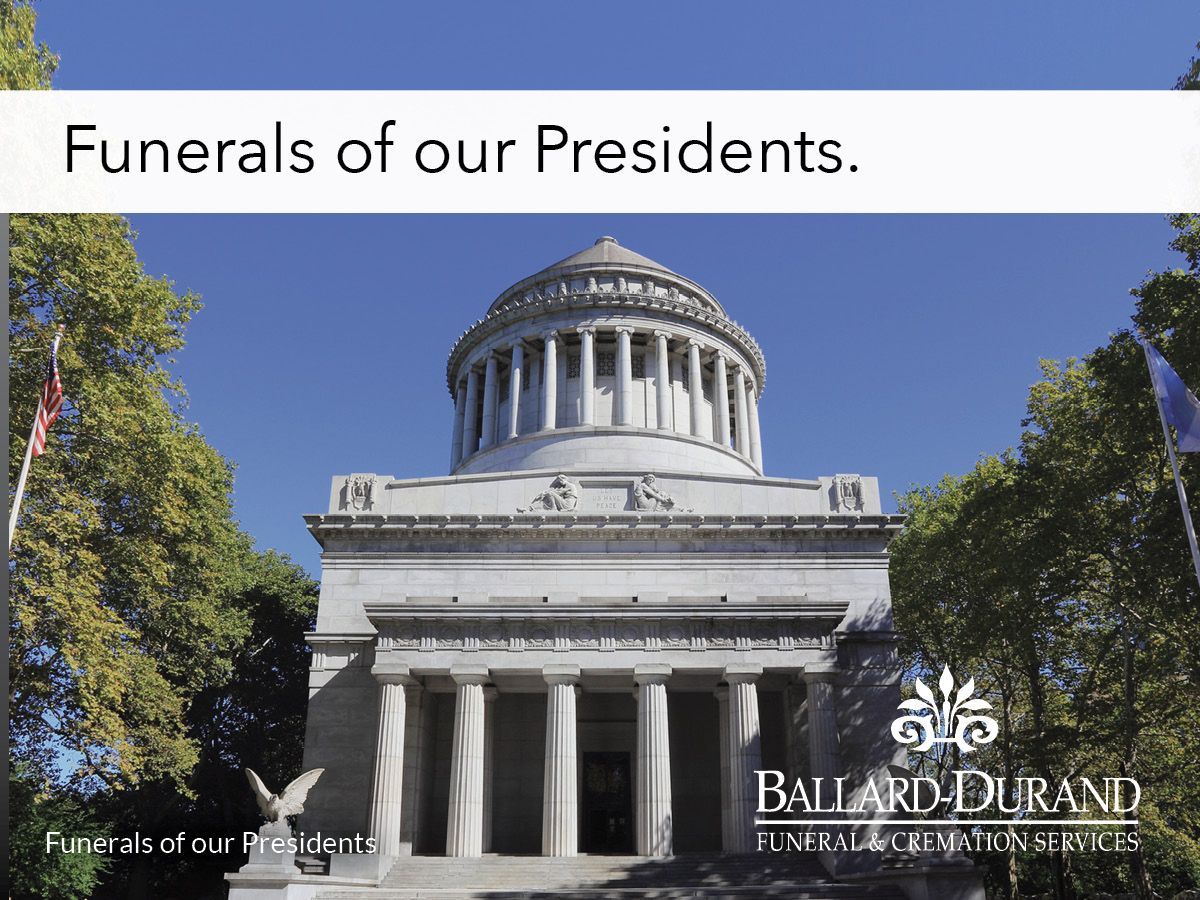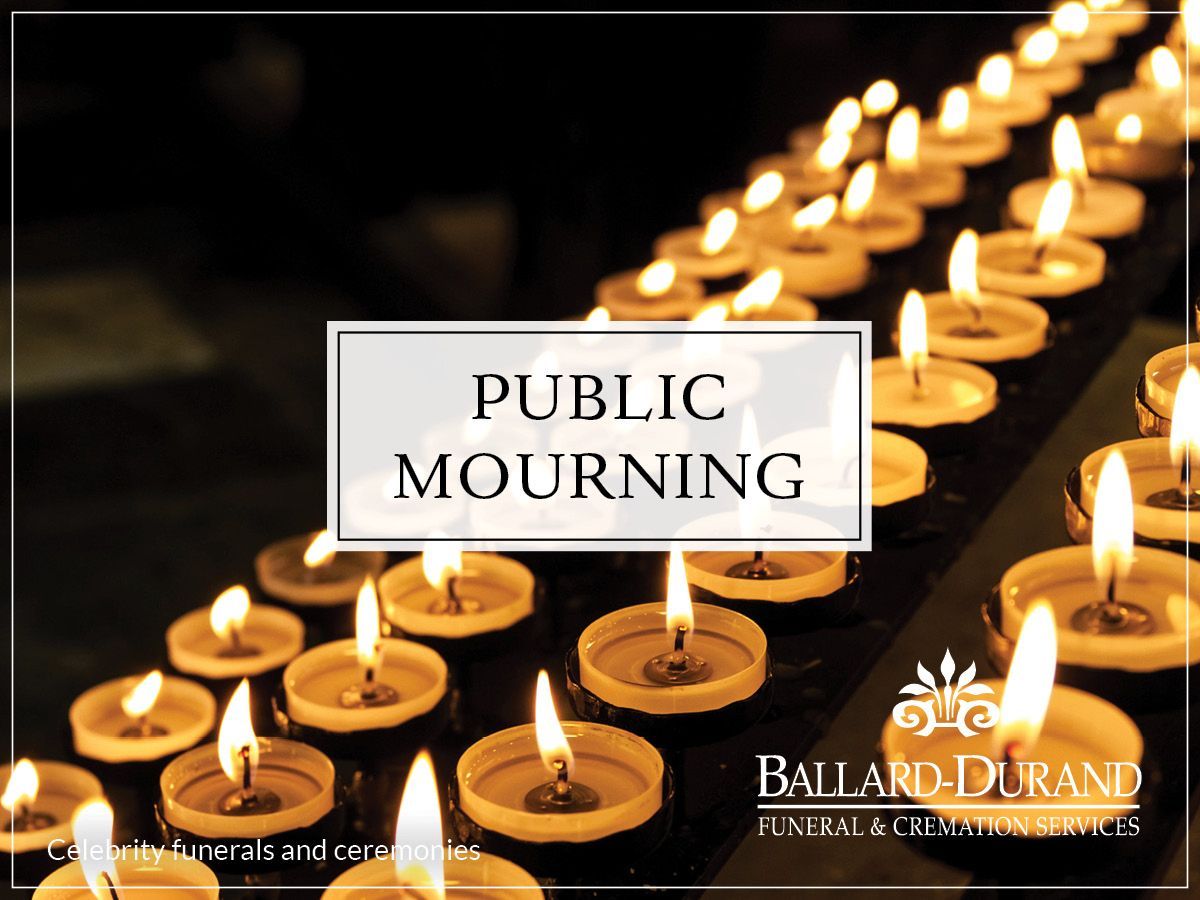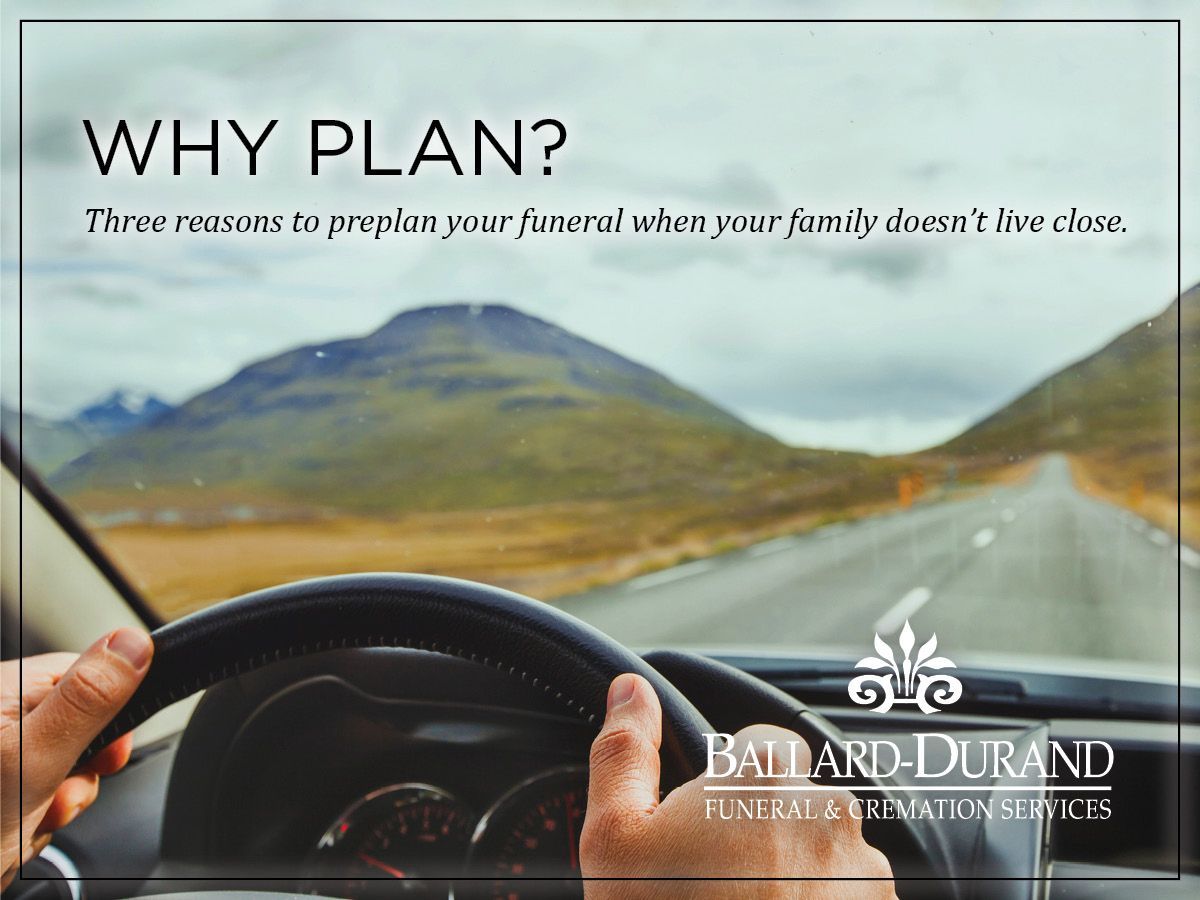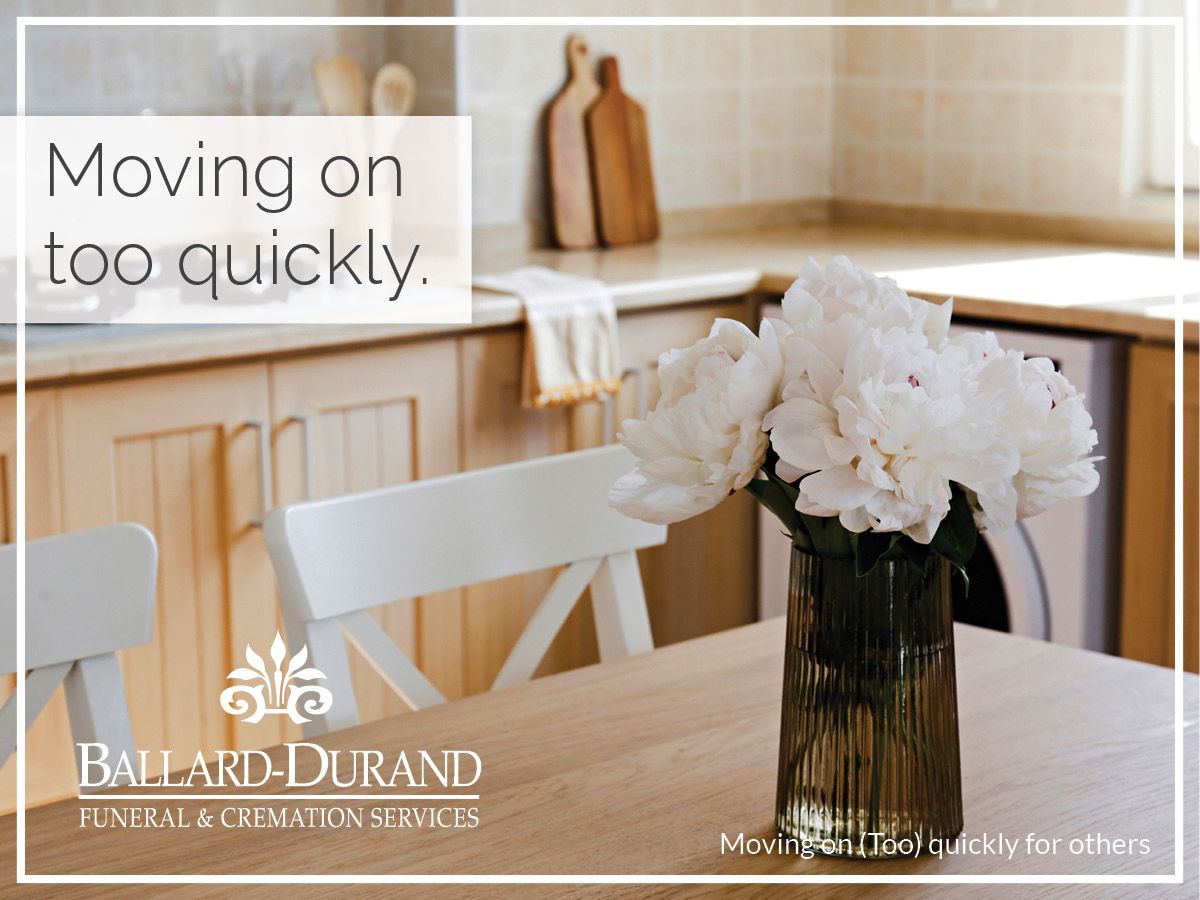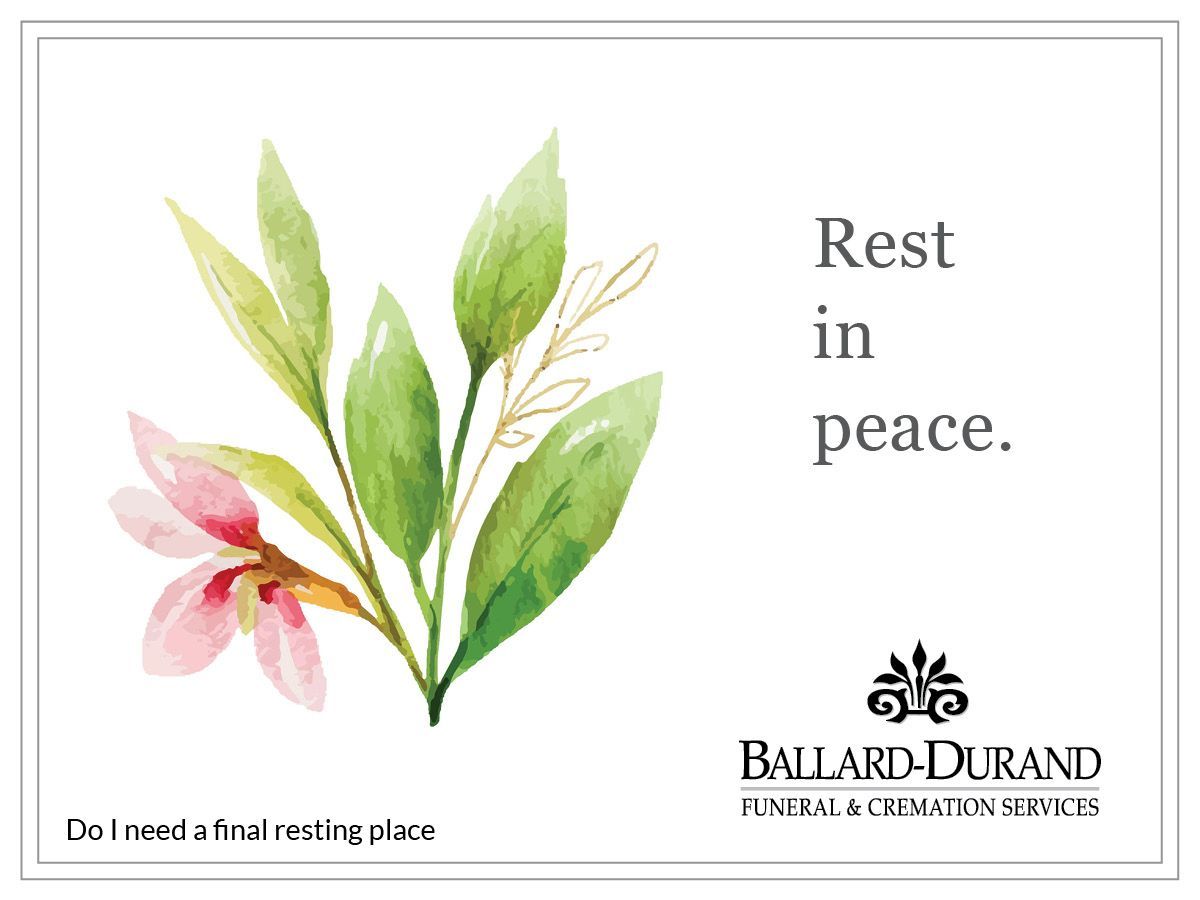7 Tips For Dealing with Grief and the Holidays
By: Victoria Assumma LCSW-R
The Holidays are challenging times when dealing with the emotional impact of losing a loved one.
This year has been extraordinarily difficult with the COVID-19 restrictions, leaving people with a profound sense of loneliness and feelings of disconnect.
As the holidays approach it is important to put things in perspective.
1. Plan ahead and let others know your wishes and thoughts for the holidays. No one can read your mind. Let others know how you are coping and what your plans are for the holidays, in advance, to alleviate pressure and stress. Be open to compromise, maybe you can try to participate in a way that will be meaningful and healing for all.
2. Recognize holidays are bittersweet. To remember the past can be painful but it also provides opportunity to recall the joys shared and the blessings in life.
3. Create new rituals, or modify old ones, in a way that will acknowledge change while honoring loved ones. Traditions can be respected but also adjusted to reflect the needs and experiences now.
4. Remember the holiday is a 24-hour day like any other day, and it will pass. Try not to make it overwhelming, stay focused on the present moment - the here and now.
5. Don't' try to do too much - remember grief takes energy- you may feel more fatigue. Ask for help, share some of the responsibilities with others - allow people to care and support you. It is in the giving that we receive. Allow others the gift of sharing and giving to those they love.
6. Find meaning in the holidays, listen to your favorite music, and try to pamper yourself, practice a balanced lifestyle of nutrition, exercise, meditation, sleep and activities.
7. Most importantly; Be kind to yourself. You have suffered a loss and the pain of grief is powerful. Know you will find a way and that there is a resilience in the human spirit.
We are here to help and support.
Blessing and peace.
